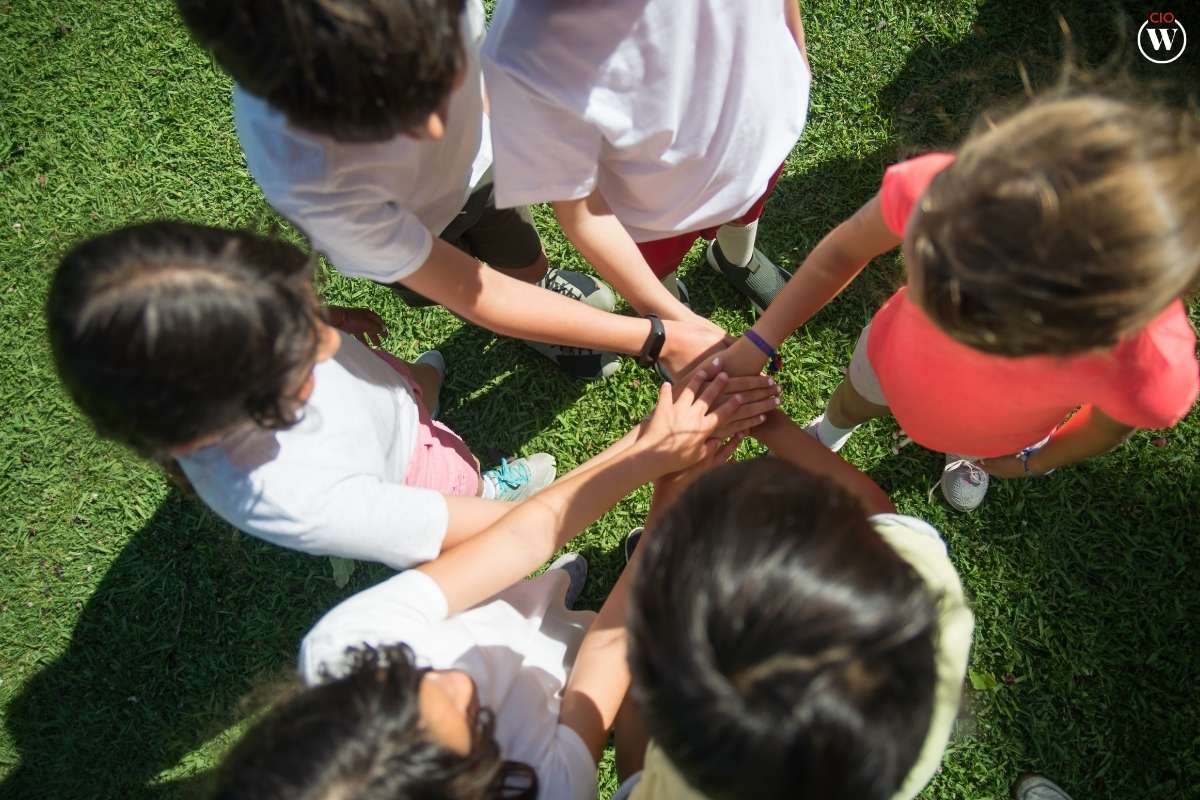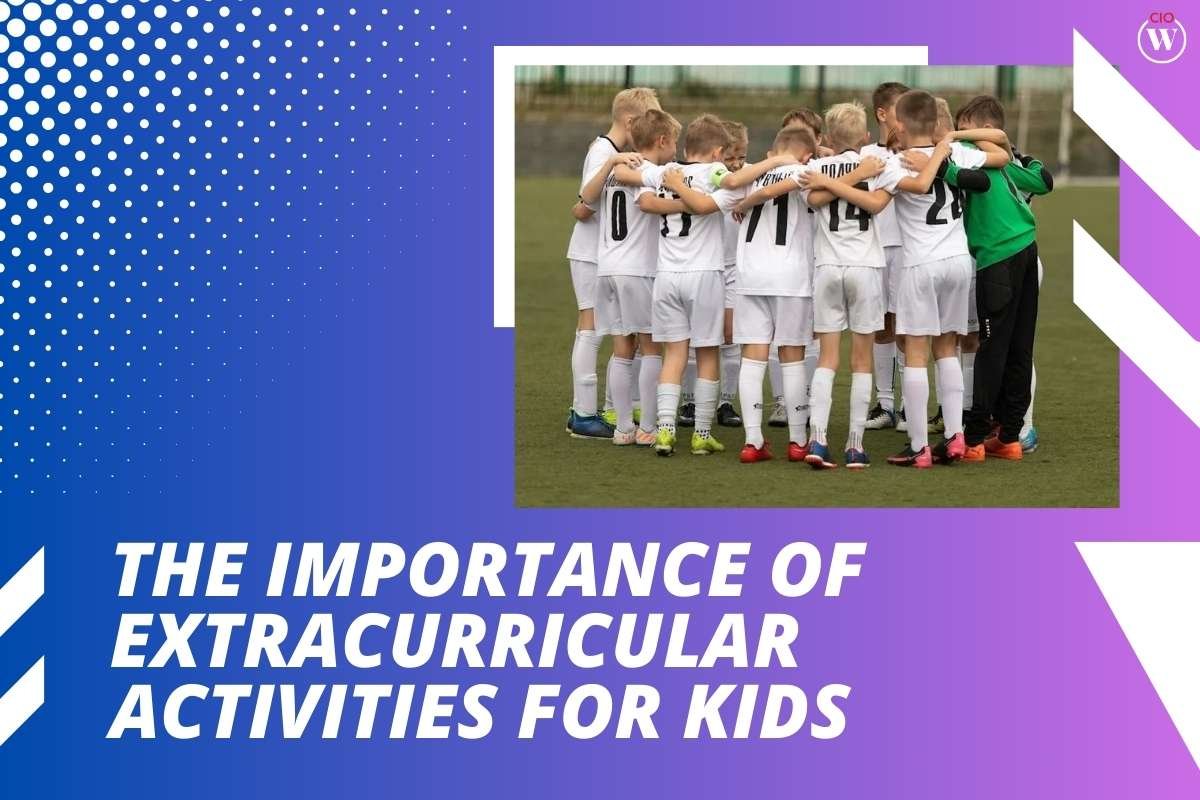Let’s dive into a topic close to the heart but often sidelined in the grand world of parenting and education – the vibrant world of extracurricular activities for kids. Now, before visions of soccer practice in the rain or the melodious (albeit slightly off-key) notes of a beginner’s violin class begin to dance in your head, let’s take a moment. Breathe. And consider why these activities are not just footnotes in our children’s daily routines but essential chapters in their development story.
The significance of extracurricular activities for kids is as follows:
A whole world of benefits
Extracurricular activities are akin to the secret sauce that adds zing to the otherwise routine burger of school and homework. They’re the arenas where resilience is built, passions are discovered, and friendships blossom. Beyond the obvious physical benefits of getting kids moving and grooving, these activities are where life skills are sneakily imparted. Think about it. Today’s tantrum over a lost game of chess is tomorrow’s lesson in grace and sportsmanship. Even extra learning and revision practice from Doodlelearning can continually confirm the joy of learning in the right way, not just out of obligation.
The social butterfly effect

Imagine the playground as a mini social laboratory. Here, amidst the chaos of lunchtime exchanges and games of tag, kids learn the intricate dance of human interaction. Extracurricular activities for kids take this learning to the next level. They’re like the advanced class in social studies, where children learn to negotiate, collaborate, and sometimes, lead. The child who shyly entered a drama class might just be the one to command the stage at the end of the semester, a testament to the transformative power of stepping out of one’s comfort zone.
Unleashing the creative Kraken
Creativity isn’t just about painting masterpieces or penning the next great novel. It’s about thinking outside the proverbial box. Extracurricular activities for kids, from preschool gymnastics to art classes to robotics clubs, provide the fertile ground for this type of innovative thinking. They’re the spaces where “what if” is encouraged and “just because” is a valid reason to try something new. In these settings, mistakes are not just tolerated; they’re celebrated as stepping stones to discovery.
The balancing act

Ah, balance. Not just a skill for the gymnastics beam but a metaphor for life. Extracurricular activities teach kids how to juggle, not just literally in a circus skills workshop, but figuratively. Managing school responsibilities with the commitments of a soccer team or a debate club instills time management skills and prioritization – lessons that textbooks struggle to impart with the same flair. Navigating these commitments, children learn the art of decision-making, weighing which activities they truly love against their academic duties. This process not only fosters independence but also teaches them the critical skill of self-management, preparing them for the diverse challenges of adult life.
Resilience: The Hidden Curriculum
Behind every missed goal, every fallen castle in the chessboard of life lies a lesson in resilience. Extracurricular activities provide a safe space for kids to fail – and learn that failure isn’t the end. It’s merely a plot twist in their personal growth story. This resilience, this ability to bounce back with a smile, is perhaps one of the most valuable outcomes of these activities.
It’s in these moments, when the final whistle blows or the curtain falls, that children grasp the true meaning of perseverance, understanding that the journey to get somewhere is just as important as where they’re headed. Such experiences teach them that setbacks are not stop signs but rather signposts for growth, encouraging them to approach future challenges with determination and courage.

Children need to learn how to cooperate together at an early age. Young people need to communicate with others in order to do group tasks, whether they are learning in a classroom, playing on a sports team, or just hanging out with pals.
Here are 12 Online Team-Building Games and Activities for Kids;
A passport to the world
Think of extracurricular activities for kids as a passport, granting kids access to worlds beyond their immediate surroundings. Whether it’s through a book club that explores distant galaxies or a cultural exchange program that brings the world into their classroom, these activities broaden horizons in the most literal sense.
They’re a reminder that the world is big, diverse, and infinitely interesting. This global perspective fosters empathy and understanding, as children learn about cultures and experiences different from their own. They begin to see themselves as part of a larger community, cultivating a sense of global citizenship that encourages inclusivity and respect. Through these experiences, children not only learn about the world but also about their place within it, equipped with the knowledge and empathy to make a difference.

Conclusion
In wrapping up, it’s clear that extracurricular activities for kids are not mere supplements to the educational diet of our young ones; they are indispensable nutrients, fostering growth in every dimension of a child’s development. So, the next time you’re contemplating the schedule, remember the profound impact of these activities. They’re crafting more than just skills; they’re shaping resilient, creative, well-rounded individuals.
Embrace the journey, the early mornings, and even the off-key performances. In these experiences, your child is learning, growing, and transforming into the best version of themselves. And isn’t that the ultimate goal?









